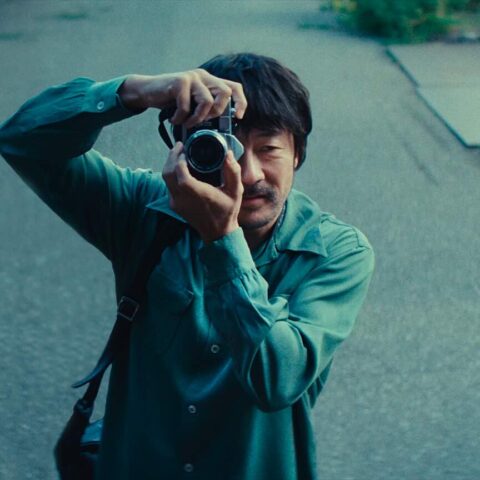
Veteran director David Cronenberg, known for his boundary-pushing films, has long fascinated audiences with his unique brand of body horror and psychological exploration. However, his recent offering, “Crimes of the Future,” falls short of expectations, leaving a viewer perplexed and unsatisfied. This film, which attempts to shock and provoke, ultimately descends into pointlessly disgusting and overlong territory, hindered further by dull cinematography and repetitive storytelling. The all-star cast also does not help this mess of a film. The film is about performance artists (Léa Seydoux being the doctor, and Viggo Mortensen as the patient) who perform surgery for entertainment on stage, but this circus of “sexy” medical surgery is more laughable than genuinely scary or thought-provoking. One also has fo feel pity for the talented Kristen Stewart who plays the ridiculous fetishist character in one of her worst roles.
One of the most glaring issues with “Crimes of the Future” is its excessive and gratuitous use of shock factor which fails to impress. While Cronenberg has historically excelled at utilizing body horror to explore complex themes, this film takes it to an extreme that feels unnecessary and gratuitous. Rather than eliciting genuine discomfort or engaging in meaningful discourse, the graphic and grotesque elements become the sole focus, overshadowing any potential narrative depth.
Furthermore, the film’s length becomes a detriment to the viewer’s experience. Clocking in at an extended runtime of 107 minutes, “Crimes of the Future” struggles to maintain momentum and hold audience attention throughout. Scenes that could have been tightened or omitted entirely contribute to a bloated narrative that feels self-indulgent and meandering. Consequently, the film’s pacing suffers, making it difficult to invest emotionally in the story or its characters.
Dull cinematography further compounds the film’s issues. While Cronenberg’s previous works have exhibited striking visual aesthetics, “Crimes of the Future” fails to deliver in this aspect. The cinematography lacks the creativity and finesse that have become synonymous with the director’s name. Static shots and uninspired framing contribute to a visually monotonous experience, diminishing any potential for visual storytelling to enhance the narrative.
The repetitive nature of the film’s storytelling becomes tiresome as it progresses. Rather than deepening the exploration of its themes or characters, “Crimes of the Future” seems content to repeat the same motifs and ideas without offering fresh perspectives. This lack of evolution or development renders the narrative stagnant, making it difficult to sustain interest or find any meaningful takeaways from the film.
“Crimes of the Future” is a disappointing addition to David Cronenberg’s filmography. While it attempts to shock and provoke, it instead veers into being pointlessly disgusting, relying on excessive body horror for shock value alone. The overlong runtime, dull cinematography, and repetitive storytelling further contribute to a frustrating and unengaging cinematic experience. Ultimately, this film represents a missed opportunity to delve into meaningful exploration of medical horror and falls short of the director’s previous achievements, leaving viewers with a sense of disappointment rather than awe or introspection.
